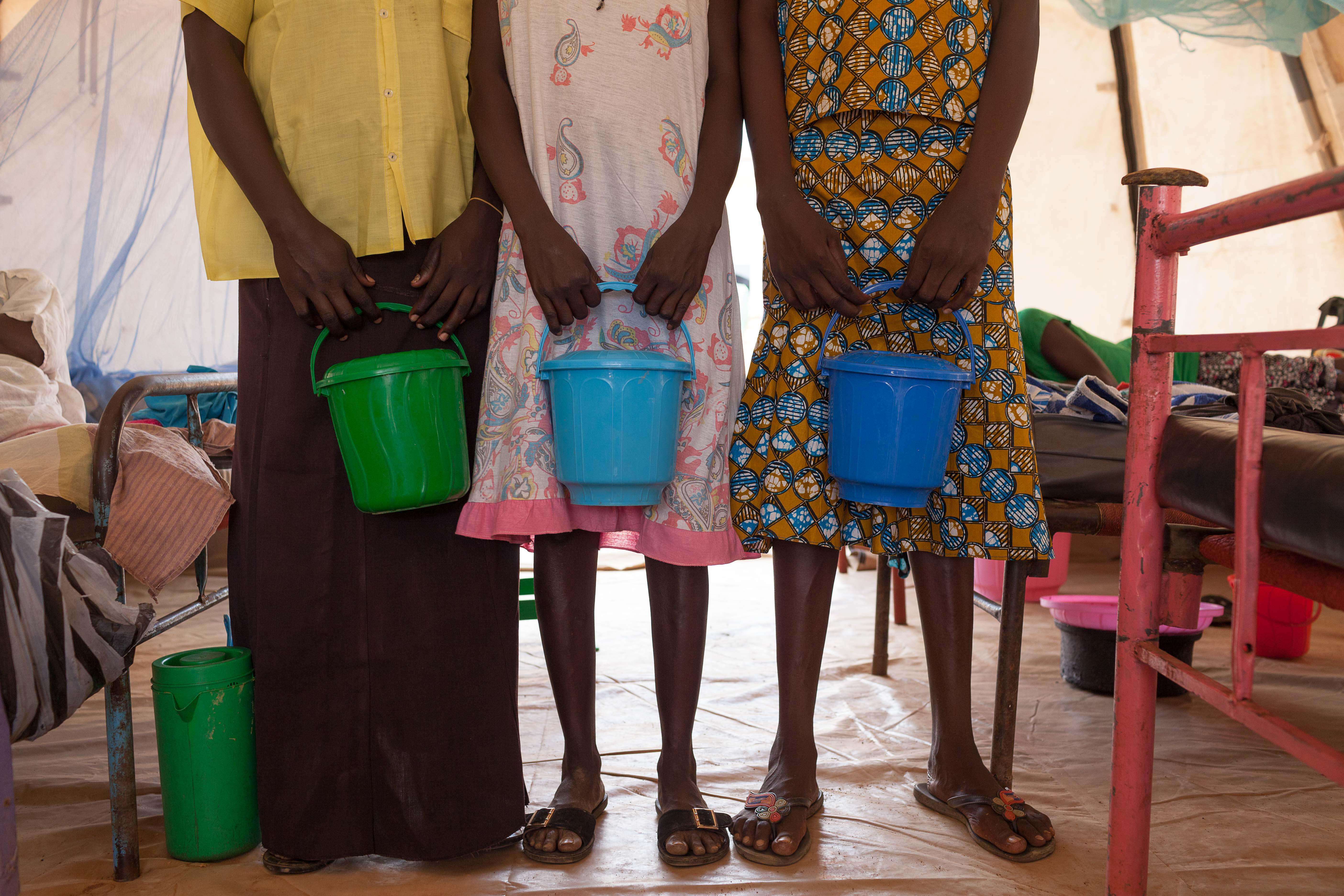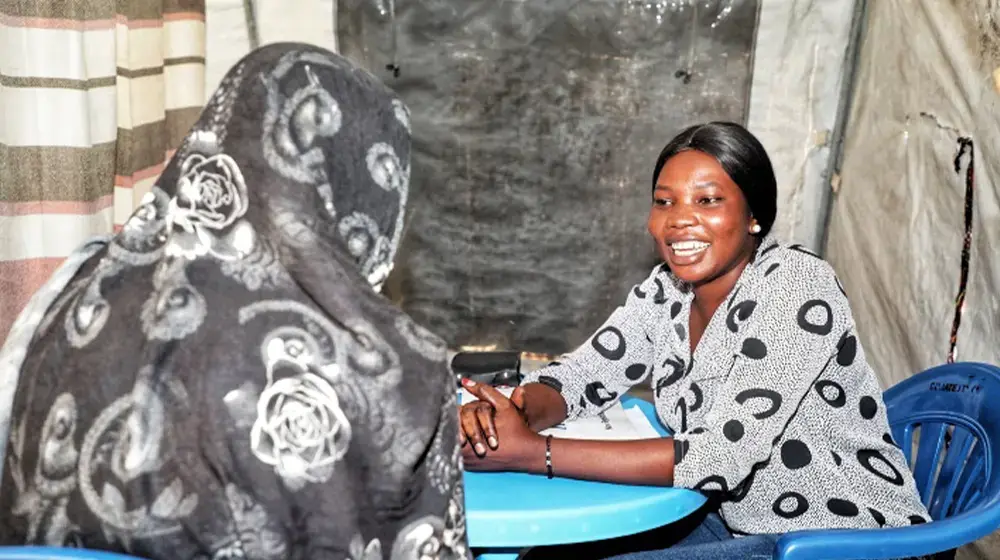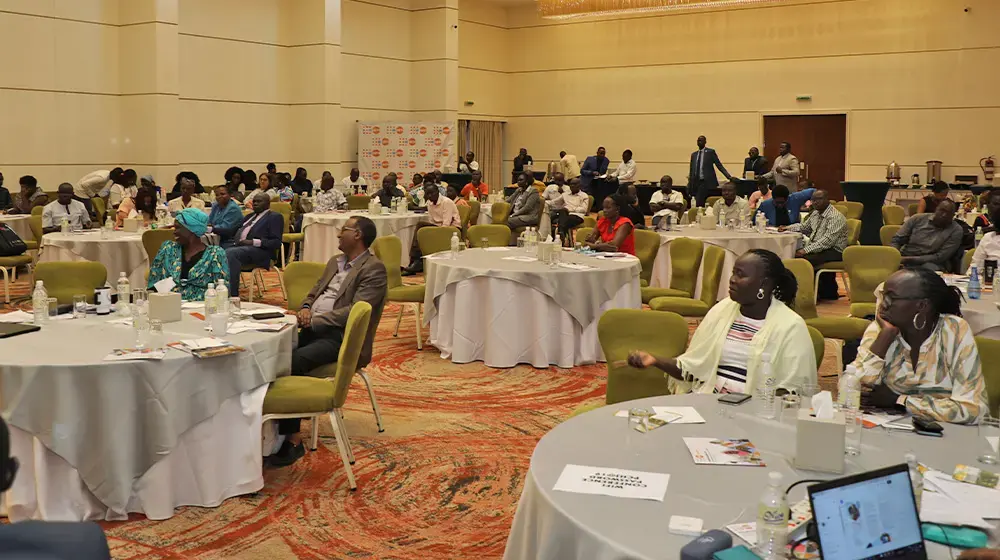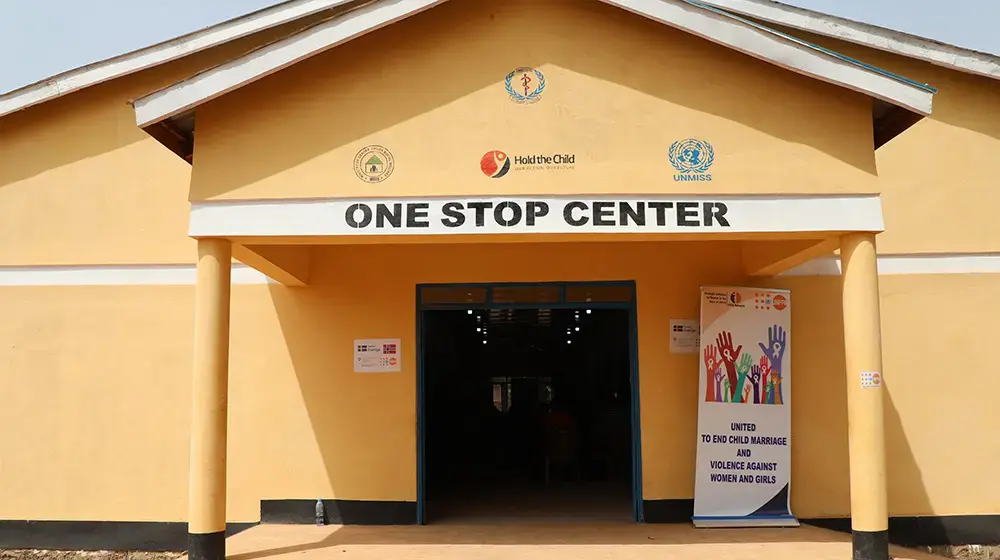Aweil, South Sudan – It was one hot afternoon and Mariye Atak Ajuaj sits on her hospital bed at the Aweil State Hospital quietly contemplating how life would change after she recovers from the surgery to repair her obstetric fistula.
It was the seventh surgery she had gone through after developing the fistula in 2010 as a result of complications during childbirth while delivering her first baby in the hands of an unskilled traditional birth attendant. She was married off very young – at age 16 – her body obviously not ready to conceive and give birth to a child.
The baby did not survive the prolonged labour and Ms. Ajuaj developed a hole between her birth canal and bladder. She has had six previous surgeries to repair the fistula but all were not successful because she did not follow the doctor’s post-operative care instructions for her full healing.
During the nine years she had the fistula, Ms. Ajuaj did not only suffer from the medical condition, she also suffered from the stigma. People gossiped about her and some called her a witch. “I just kept my head down through all these. The shame was too much,” she says.
The worst treatment came from her own husband. “He said I was a shame to him because of the smell of urine that constantly leaks from me. He called me worthless. He hated me so much I thought he would kill me so I ran away from him,” she sadly narrates.
Ms. Ajuaj is one of the 40 women who benefitted from the free fistula repair surgery organized by UNFPA in Aweil last October. About 60,000 women are estimated to have obstetric fistula in South Sudan.
“I walked for three hours to reach Aweil Hospital for the fistula surgery. I did this because I want my life to change for the better forever. Stigma from obstetric fistula is almost like a death sentence, it is unbearable, says Ms. Ajuaj.
Ms. Ajuaj says that if seven is indeed a lucky number, she hopes that her seventh fistula surgery will be her last and she will finally be freed of the stigma she has been suffering from for nine years now. This time, she is determined to follow the doctor’s advice for her full healing.
The obstetric fistula, she admits, was the hard way she learned the lesson about child marriage, early pregnancy and delivering in a health facility. Foremost, her lack of education brought the string of misfortunes in her life – she did not know about the consequences of early marriage, the risks of early pregnancy, and the importance of antenatal care.
Her message to pregnant women: “Do not suffer like me. Make sure you give birth in the hospital, this is the only place you can get the medical support and attention you will need when complications of childbirth arise.”





